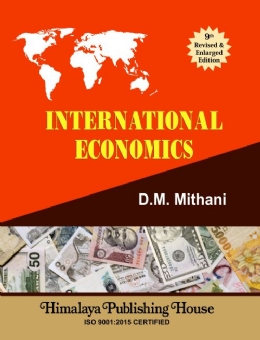Globalization of economies has integrated the financial markets across the world. This has led to increased risk in financial services in general and banking services in particular. The sub-prime crises and the recent weaknesses in European economies have emphasized the need for standardized regulations and oversight of the banking system. Introduction of Basel guidelines are important initiatives taken by the global community of Central Banks to contain the risk and improve the general health of banks across the globe.
Central Banks across the globe have taken suitable measures to improve the stability of the respective economies by introducing international best practices. In India, Reserve Bank of India has been playing important role in introduction of reforms in banking and supervision of banks. The country has gained on account of the stringent and conservative approach adopted by the Central Bank and strong policy guidelines implemented by the RBI. Indian banking system could withstand the global setback in the aftermath of the sub-prime crises.
RBI has played an important role in the development of global Central Banking guidelines by actively participating in the apex body of Central Banks of the world. It has provided important suggestions in Central Banking. The role of RBI has undergone drastic changes during the post-reform period as a Central Bank of the country. RBI plays an important role in monetary and fiscal policy formulation, developmental banking, financial inclusion, banking supervision and regulation. The Central Bank has played important role in building the banking infrastructure and policy framework especially during the post-reform period. India can feel proud of the good progress made in Central Banking by the RBI.
This book Central Banking in India is written as per the syllabus of B.Com. (Banking and Insurance) course of Mumbai University. This is the fourth edition of the book. During last decade, the Central Banking role has changed from time to time. The book is revised periodically to capture the changing role of the Central Bank. Some of the modules of this book are rewritten to make the book up-to-date and relevant to the contemporary students and teachers.
Contents :
1. Evolution and Functions of Central Bank
2. Functions of Central Banking
3. Contemporary Issues in Central Banking
4. Reserve Bank of India
5. Central Banking − India Specific Issues
6. Monetary Policy
7. Credit Policy
8. An Overview of Fiscal Policy
9. Indian Financial System
10. Financial Stability






